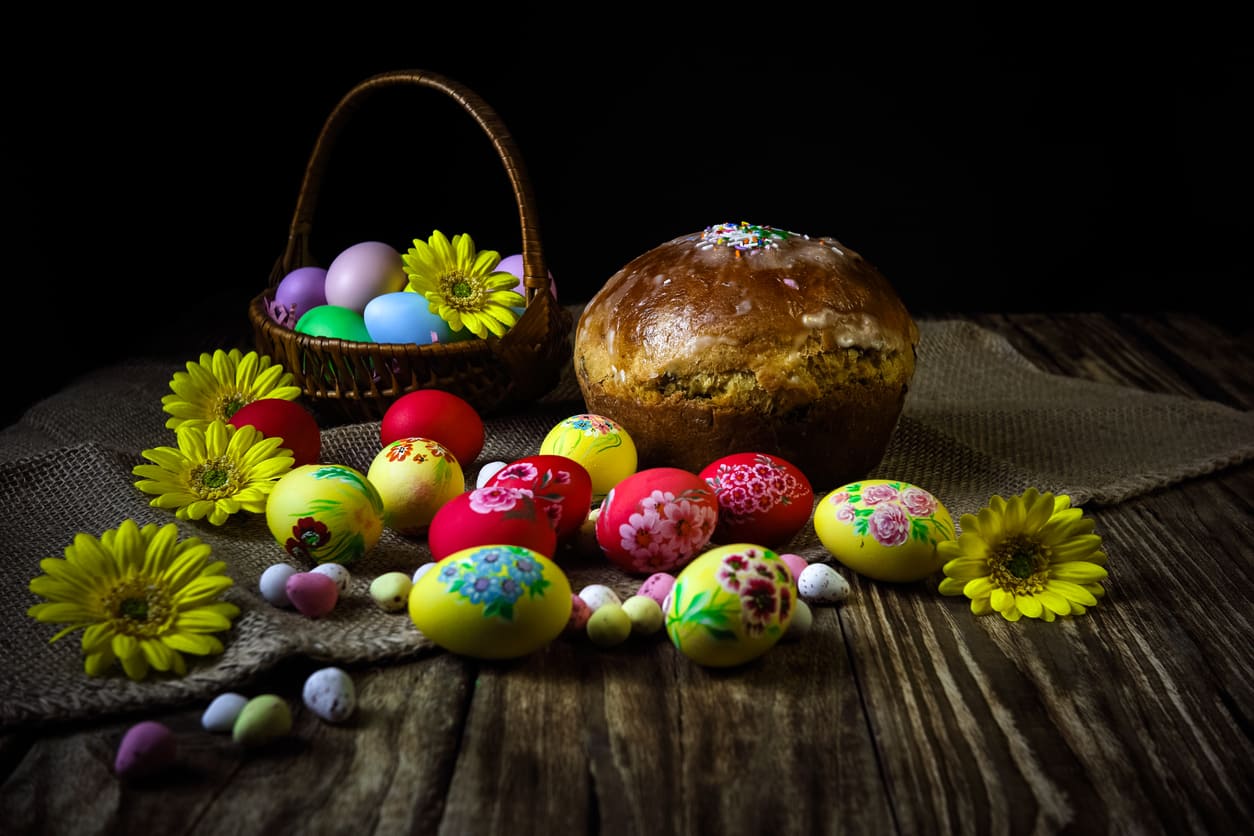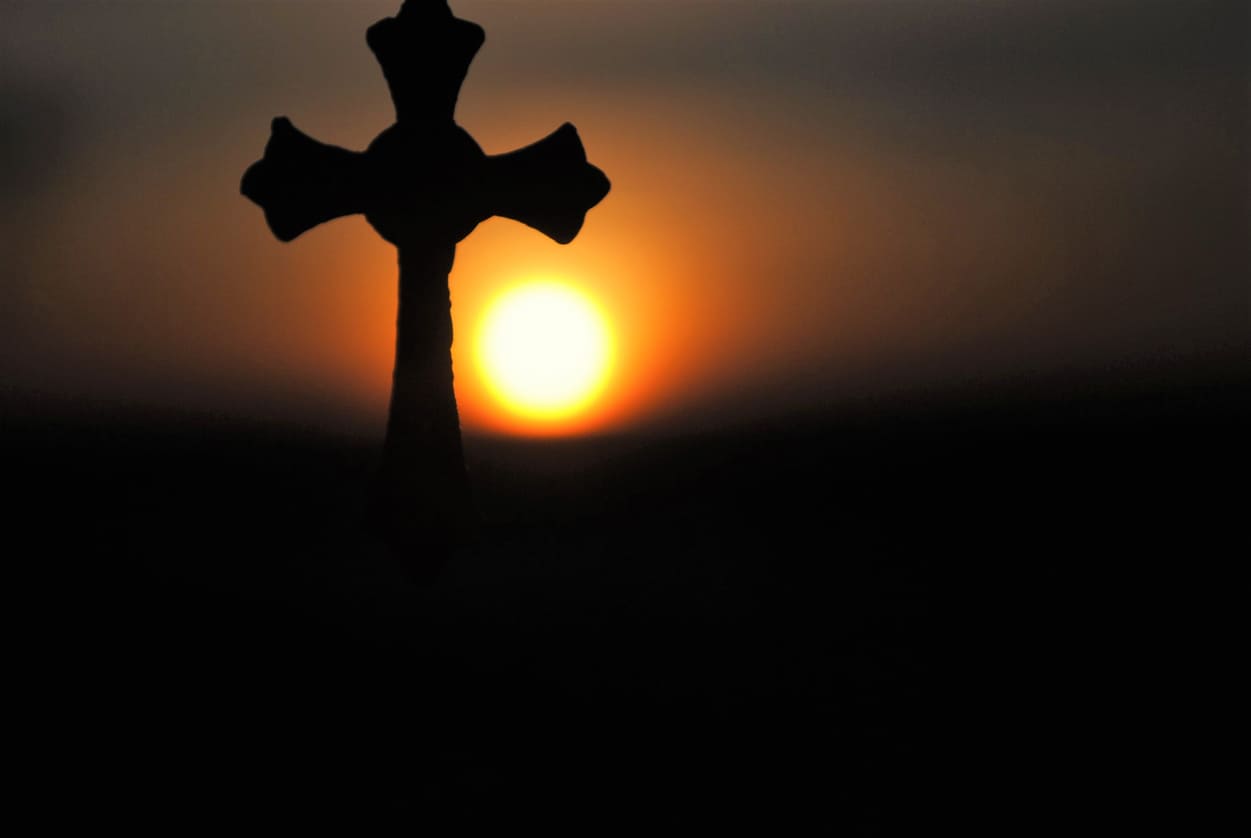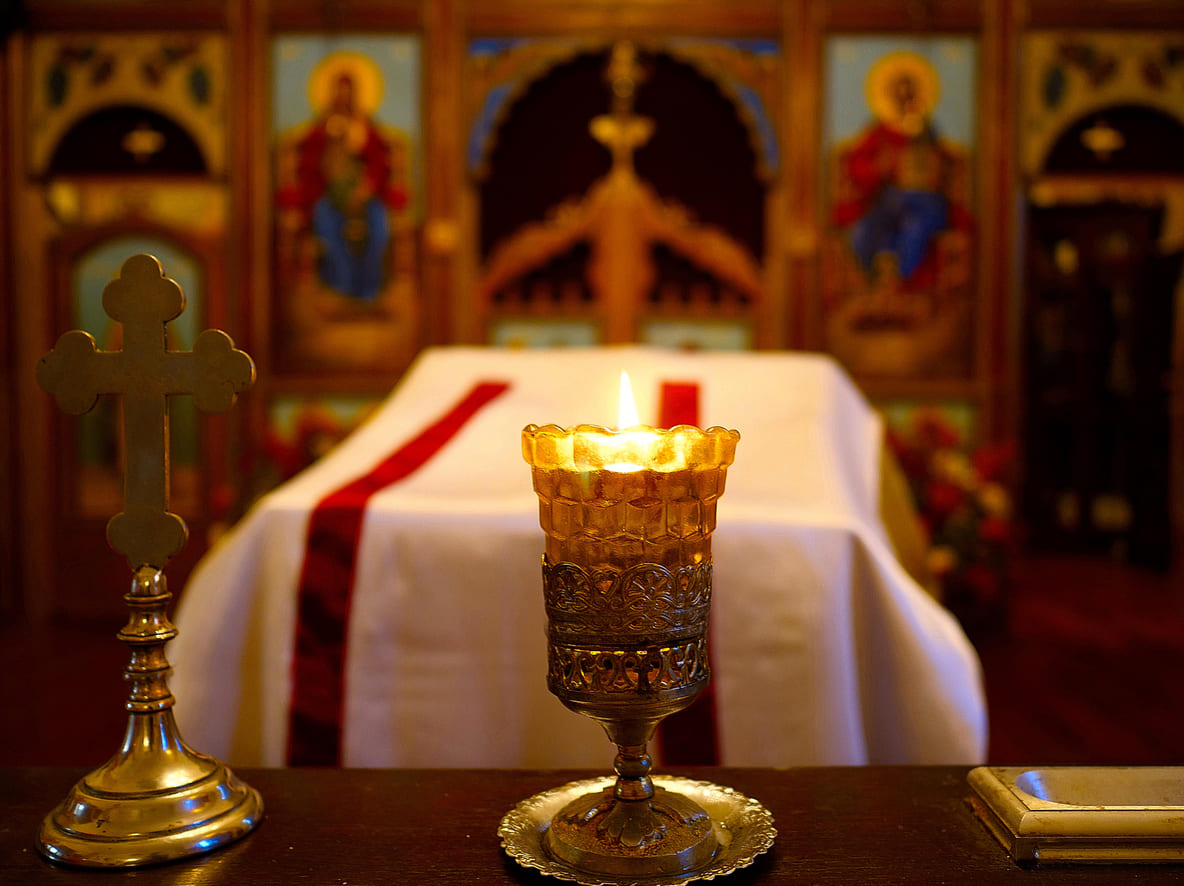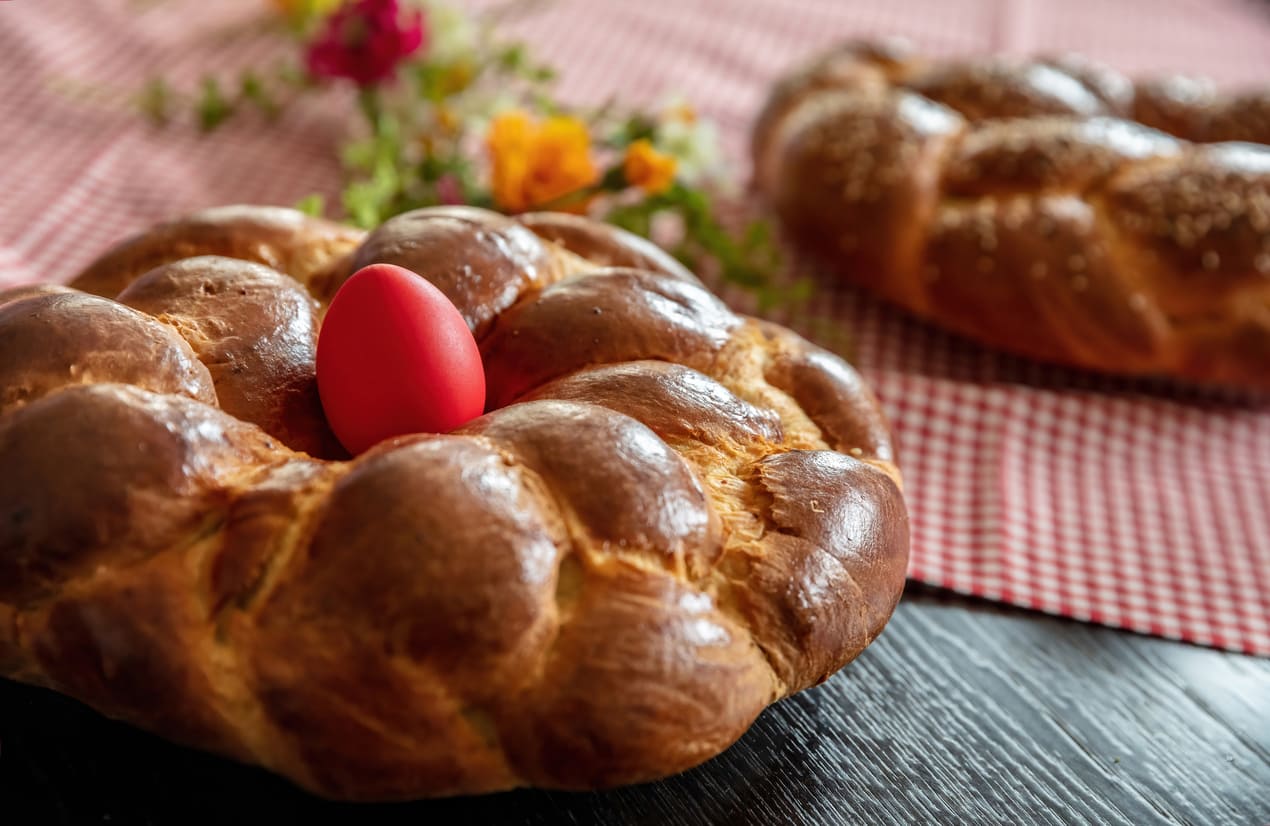Dates of Orthodox Easter in Canada
| 2026 | Apr 12 |
| 2025 | Apr 20 |
| 2024 | May 5 |
Related Holidays in Canada
Canada Holiday Calendars
Orthodox Easter, celebrated by Eastern Orthodox Christians in Canada, is the most significant religious holiday, marking Christ's resurrection. It follows the Julian calendar, often falling on a different date than Western Easter, and is observed with midnight church services, candlelit processions, festive meals, and family gatherings.
Orthodox Easter: A Public Holiday?
Orthodox Easter is not a public holiday in Canada. It is observed mainly by Eastern Orthodox Christian communities, but businesses, offices, and schools remain open as usual. However, many Orthodox Christians take time off to attend church services and celebrate with family.

Orthodox Easter
Orthodox Easter, also known as Pascha, is the most significant religious celebration for Eastern Orthodox Christians in Canada. It follows the Julian calendar, meaning it often falls on a different date than Western Easter. The tradition dates back to the early Christian Church and has been preserved for centuries by Orthodox communities from Eastern Europe, the Middle East, and parts of Africa.
With immigration from these regions, Orthodox Easter became an important part of Canada's multicultural landscape. While it is not a public holiday, it remains deeply meaningful for Orthodox believers. The celebration begins with Holy Week, leading to a midnight church service on Easter Sunday. Many Orthodox Christians fast for 40 days before Easter and break their fast with a festive meal after the Resurrection service. In cities like Toronto, Montreal, and Vancouver, Orthodox churches hold grand services, ensuring that these sacred traditions continue in Canada.
Observance of Orthodox Easter in Canada
Orthodox Easter celebrations begin late Saturday night with the Paschal Vigil, the most important church service of the year. Worshippers gather in darkened churches, holding unlit candles as the priest announces Christ's resurrection. At midnight, the church fills with light and joyful hymns, and people greet each other with "Christ is Risen!" The congregation then participates in a procession outside the church, symbolizing the journey from darkness to light. This moment marks the victory of life over death and the renewal of faith.
After the service, families return home for a festive Easter feast, breaking their Lenten fast. Traditional foods vary by culture but often include red-dyed eggs, lamb, sweet Easter bread (such as kulich or tsoureki), and other festive dishes. Sharing food and celebrating with loved ones is a key part of Orthodox Easter. Some communities in Canada also organize Easter picnics, cultural events, and charity drives, strengthening bonds within the Orthodox community.
Orthodox Easter is important because it preserves centuries-old religious traditions and reinforces faith, family, and cultural identity. It is a time of joy, renewal, and spiritual connection for Eastern Orthodox Christians in Canada. Even in a diverse country, these traditions continue to thrive, bringing together families and communities to celebrate faith and resurrection.
Orthodox Easter Observances
| Year | Date | Weekday | Name | Holiday Type |
|---|---|---|---|---|
| 2024 | May 5 | Sun | Orthodox Easter | Observance, Orthodox |
| 2025 | Apr 20 | Sun | Orthodox Easter | Observance, Orthodox |
| 2026 | Apr 12 | Sun | Orthodox Easter | Observance, Orthodox |
| 2027 | May 2 | Sun | Orthodox Easter | Observance, Orthodox |
| 2028 | Apr 16 | Sun | Orthodox Easter | Observance, Orthodox |



